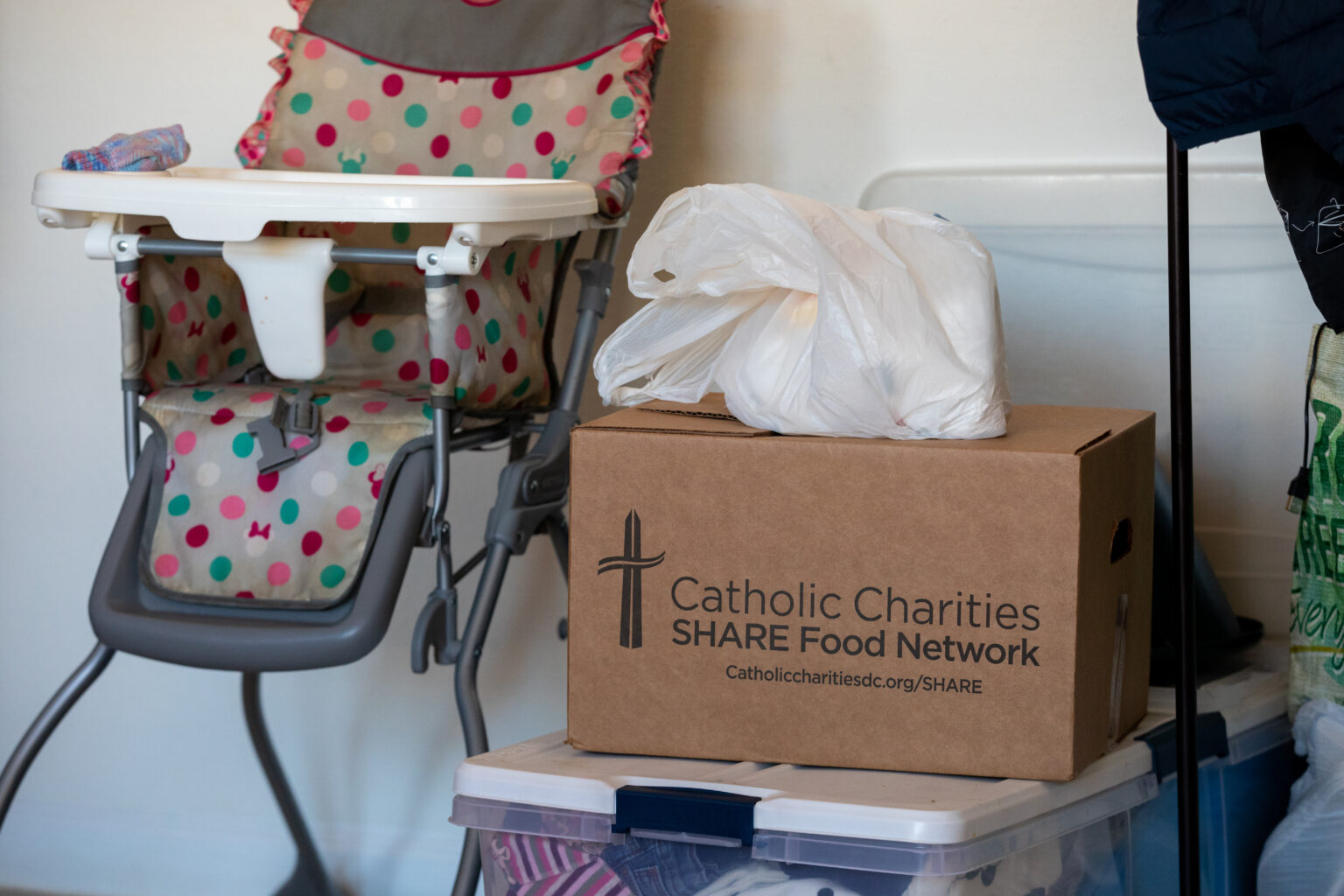Supreme Court Rules in Favor of Religious Nonprofit in Wisconsin Over Tax Exemption Dispute
In a landmark unanimous decision, the U.S. Supreme Court has affirmed the rights of a Catholic charitable organization in Wisconsin, ruling that the state’s denial of a tax exemption was rooted in religious discrimination. This ruling marks a significant moment in the ongoing debate over the intersection of religious freedom and government regulation.
Reversal of State Court Ruling and Its Broader Implications
The high court overturned a previous ruling by the Wisconsin Supreme Court, which had determined that Catholic Charities did not qualify for the same tax benefits granted to the Catholic Church itself. The lower court had argued that the organization’s social service initiatives were not conducted primarily for religious purposes, thus disqualifying it from exemption. The Supreme Court’s decision clarifies that such distinctions based on religious motives violate constitutional protections.
Legal Foundations and the Role of the First Amendment
Justice Sonia Sotomayor emphasized that the decision underscores the importance of government neutrality in religious matters. She stated, “It is fundamental to our constitutional framework that the government remains impartial between different religions.” The ruling highlights that when authorities differentiate among faith-based organizations based on theological differences-particularly regarding how they deliver services-they risk imposing unwarranted denominational preferences that warrant strict judicial review.
Context Within Broader Religious Rights Litigation
This case is part of a series of legal battles this term centered on religious freedoms and the extent to which government entities must accommodate religious practices. While the Supreme Court has recently shown a tendency to expand religious influence in public life, it faced a deadlock last month on a related issue involving a proposed religious public charter school in Oklahoma, illustrating the ongoing complexity of these legal questions.
Impact on Religious-Connected Organizations and Public Policy
The decision could influence how federal and state governments evaluate eligibility for tax exemptions among religious organizations, including hospitals affiliated with Catholic institutions that employ hundreds of thousands of healthcare professionals nationwide. Under Wisconsin law, organizations primarily dedicated to religious purposes are exempt from unemployment insurance contributions, a benefit that Catholic Charities had been contributing to since the 1970s.
Case Details: Catholic Charities’ Mission and Legal Arguments
Catholic Charities Bureau, functioning as the charitable arm of a Roman Catholic diocese, offers vital community services to individuals with disabilities and mental health challenges. In 2016, it sought an exemption from the state unemployment tax system for four of its programs. The Wisconsin Supreme Court countered that, despite the religious motivation behind its mission, the services could be provided by secular organizations without religious affiliation, and thus, the exemption was unwarranted.
In appealing to the Supreme Court, Catholic Charities argued that the First Amendment protects the organization’s right to operate according to its religious principles, especially when its service activities are rooted in church teachings about charity. Their legal team from the Becket Fund for Religious Liberty contended that providing aid to the needy-regardless of recipients’ faith-constitutes a religious activity, and penalizing such efforts infringes on religious freedom. They also emphasized that the organization does not proselytize while delivering services, which should not disqualify it from tax benefits.
Federal Perspectives and Judicial Sentiments
The Trump administration, which participated in the case, supported Catholic Charities’ position, asserting that the state’s interpretation of the relevant statutes was flawed and warning that the ruling could have broader implications for federal law concerning religious organizations.
During oral arguments, justices across ideological lines expressed concern that the denial of tax exemption was unjustified, particularly because the organization’s staff does not engage in proselytizing while providing essential services. This case underscores the ongoing tension between religious expression and government regulation, with the court leaning toward protecting religious organizations from discriminatory treatment.
Looking Ahead: Future Legal and Policy Developments
This case sets a precedent that could influence future legal interpretations of religious exemptions and government support for faith-based initiatives. As debates continue over the scope of religious rights in public life, the Supreme Court’s stance suggests a cautious approach to restricting religious organizations’ access to benefits, especially when their activities align with core religious principles.
Stay tuned for updates as this evolving legal landscape continues to unfold, shaping the balance between religious liberty and governmental authority in the United States.

